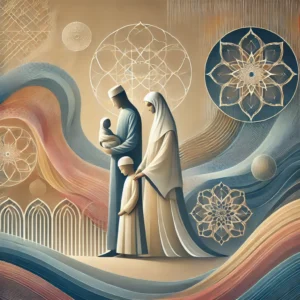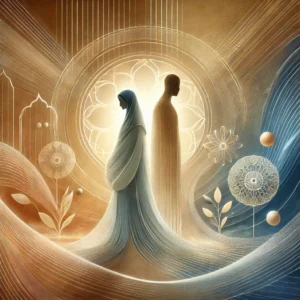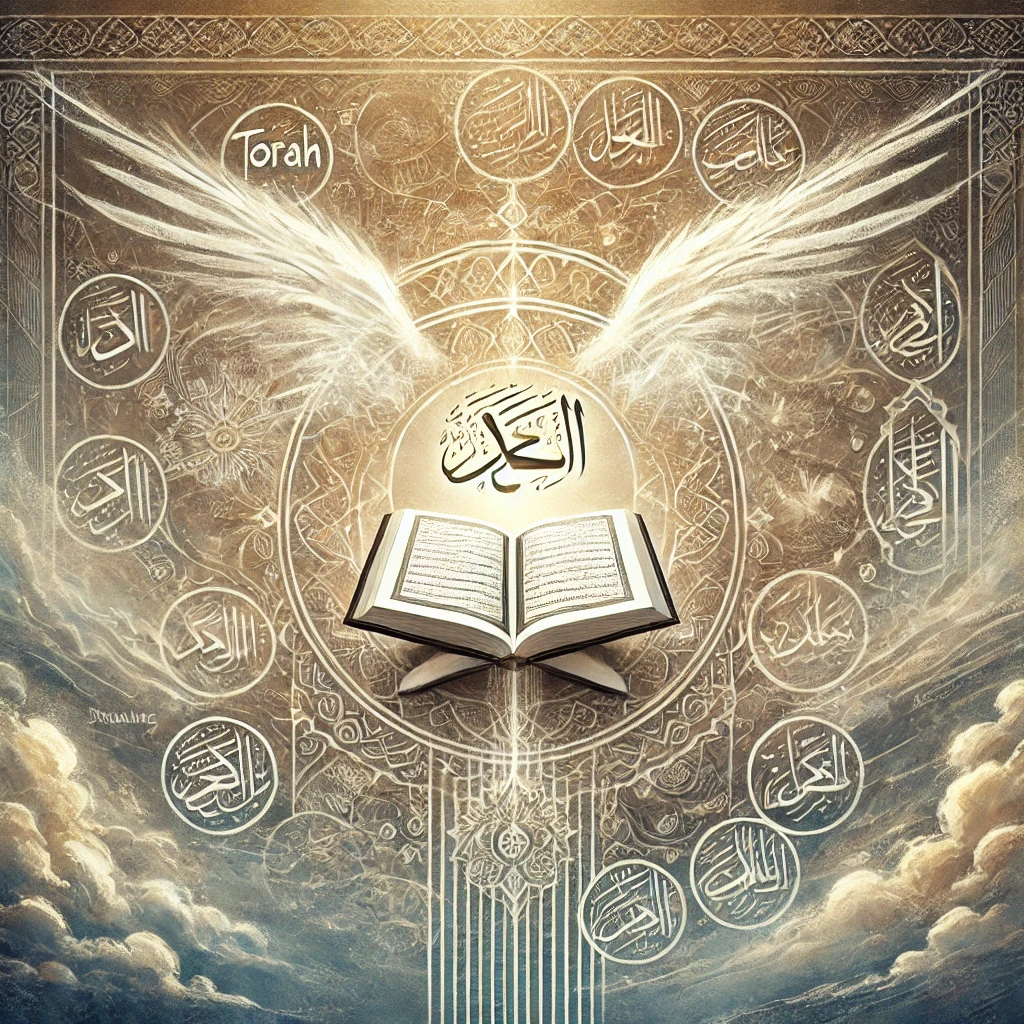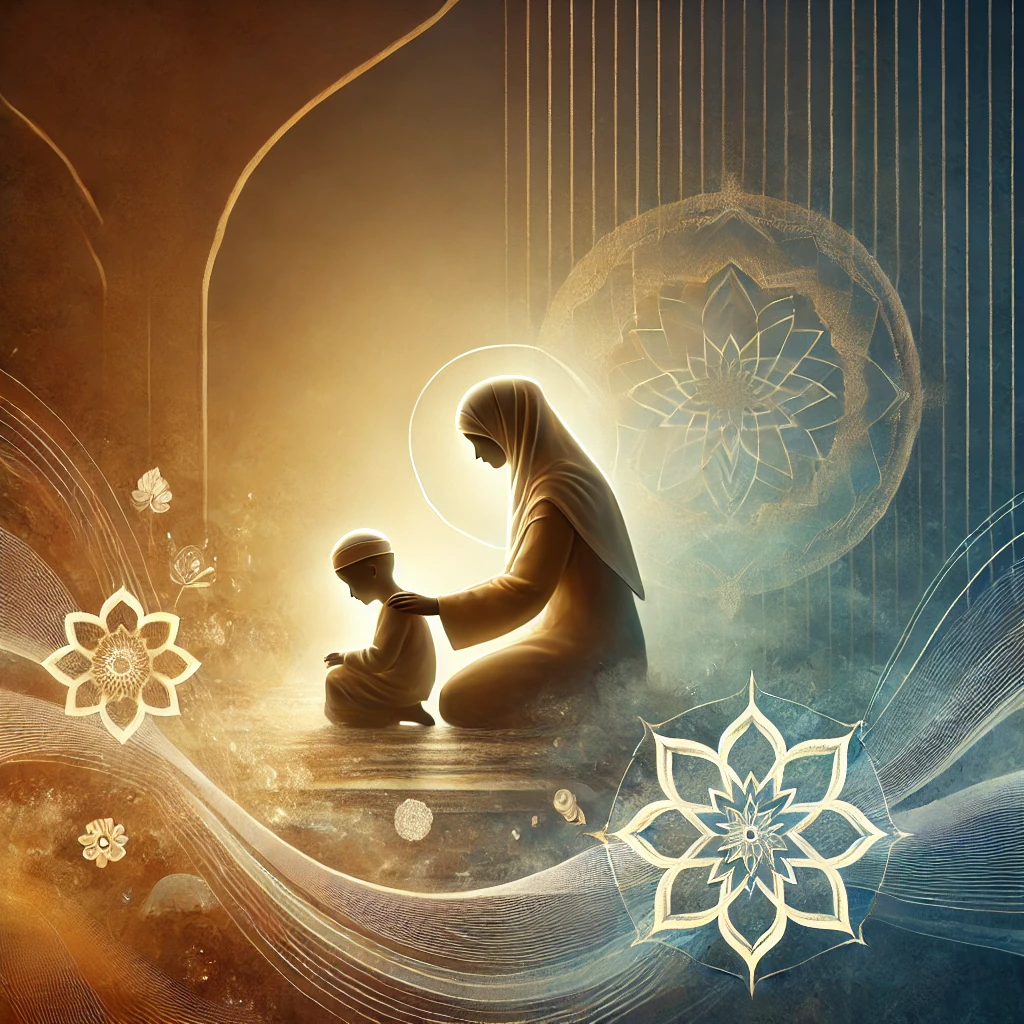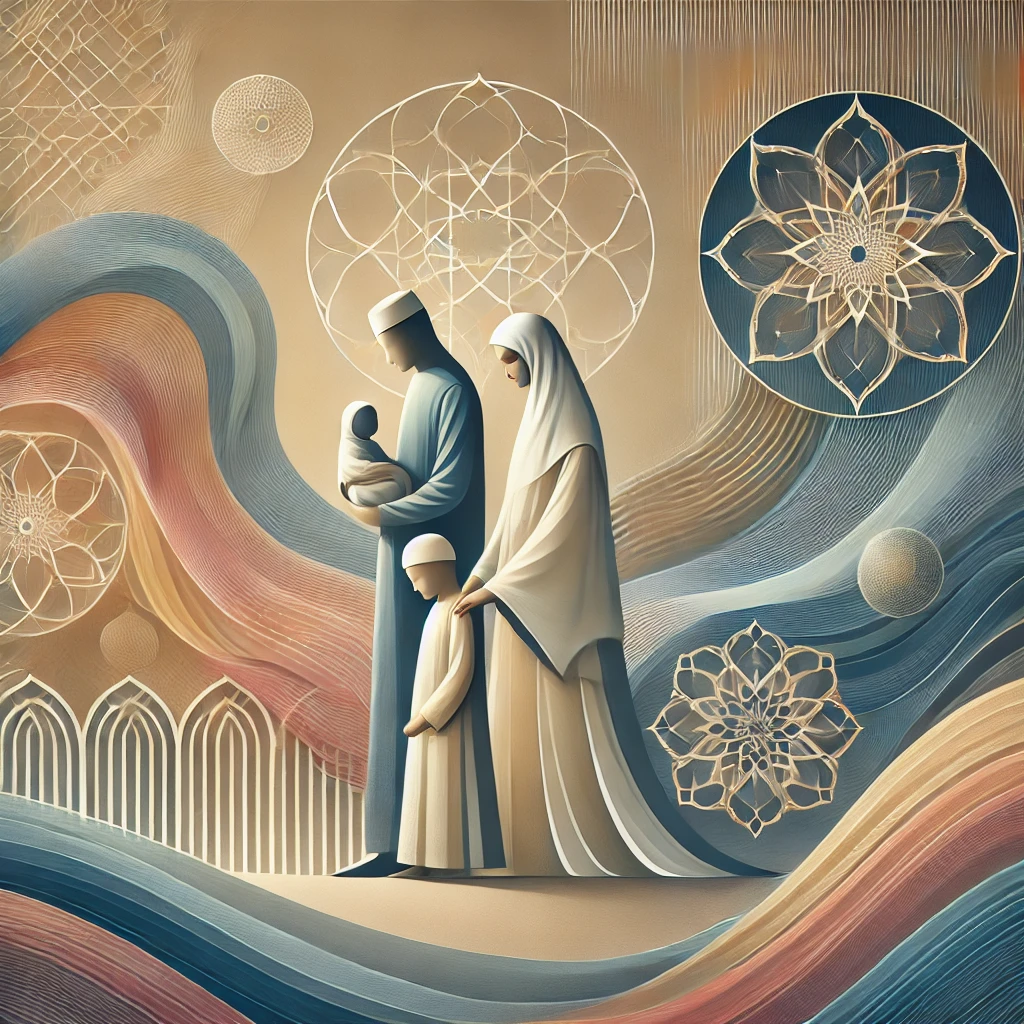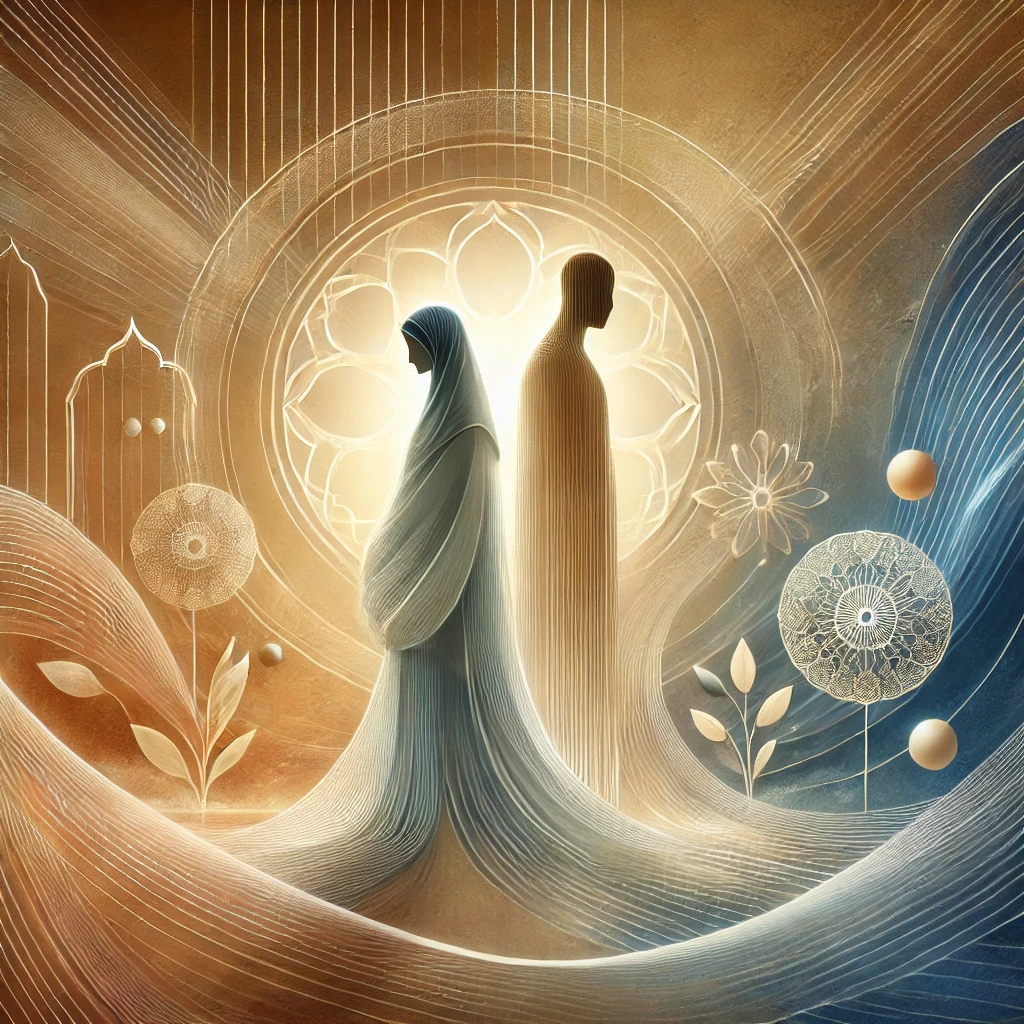In Islam, there is a significant emphasis on the importance of holy books and the concept of revelation, which were sent by Allah to guide humanity to the right path. Holy books are divine guides that convey Allah’s messages to humanity, aiming to lead them from darkness to light. Islam recognizes four major holy books: the Torah (Tawrat), the Psalms (Zabur), the Gospel (Injil), and the Quran. Each of these books was sent by Allah to guide people on the right path. The Quran is considered the final and most perfect guide, containing the core teachings of Islam.
Revelation (Wahy) is the process through which Allah communicates His messages to the prophets. Revelation transcends human intellect and emotions; it is a direct transfer of knowledge from Allah. According to Islamic belief, revelation was delivered to prophets in various ways. Primarily through angels, especially Angel Gabriel (Jibril), Allah’s words were conveyed to the prophets, who then delivered these divine messages to humanity. The process of revelation occurred to guide people to the right path, provide moral direction, and explain Allah’s laws.
The Quran is the most significant and final form of revelation. In Islam, the Quran is regarded as the word of Allah, whose truth and perfection are unquestionable. The Quran serves as a guide for both individual and communal life. It contains clear instructions on how people should live, what moral values they should uphold, and how they should worship Allah. The message of the Quran is universal; it is relevant for all times and all people. Therefore, the teachings of the Quran form the most fundamental and immutable principles of Islam.
Belief in the holy books is one of the six articles of faith in Islam. Muslims are obliged to believe in all the holy books sent by Allah through His prophets. This belief is an expression of trust in Allah’s guidance and will. Belief in the holy books encourages people to walk in Allah’s path, discern right from wrong, and lead a moral life. Muslims aim to reflect Allah’s guidance in every aspect of their lives by reading the Quran and understanding its teachings.
The significance of the holy books and revelation is not limited to individual life alone. Revelation also plays a crucial role in establishing a social order. The Quran emphasizes societal values such as justice, equality, compassion, and social responsibility. These messages from the Quran shape the social structure and relationships within Islamic societies. A society based on the holy books lives in accordance with Allah’s commands and laws, promoting justice, love, and solidarity among individuals.
In conclusion, the holy books and revelation occupy a central place in Islam. The holy books are divine guides that convey Allah’s messages to people and direct them to the right path. The process of revelation, as part of this guidance, enlightens people and shows them the way to earn Allah’s pleasure. The teachings of the Quran are accepted as a guide for Muslims in both their personal and social lives and are an expression of their devotion to Allah.




